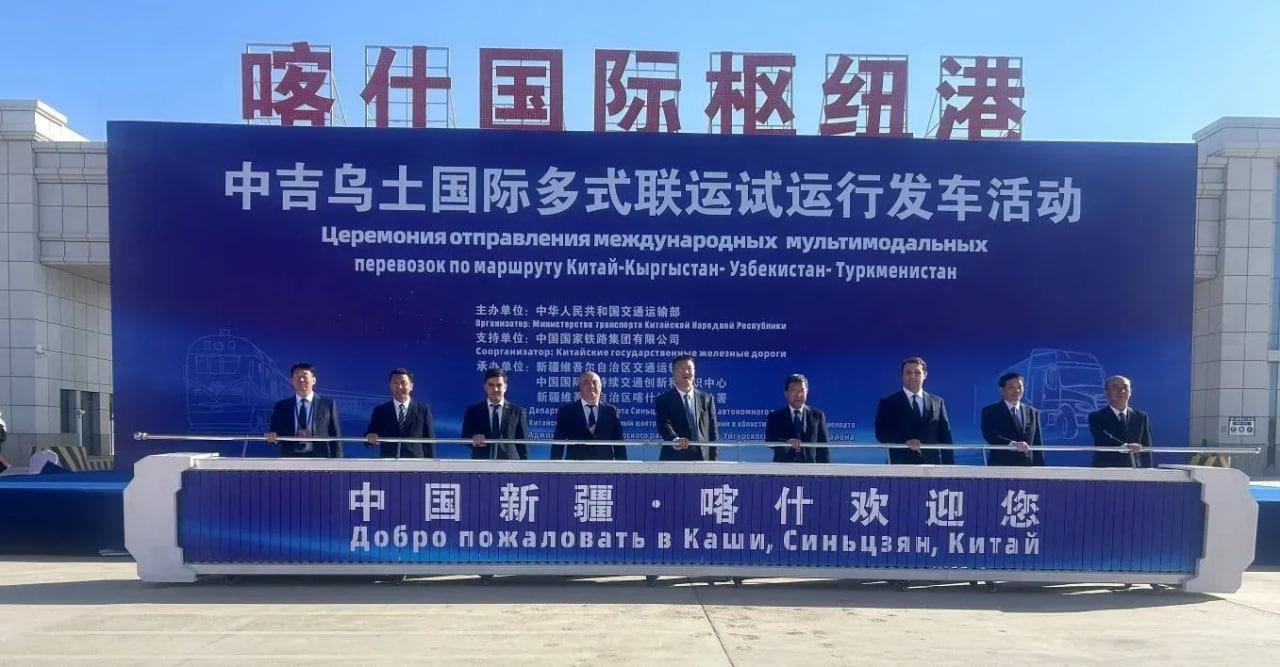MOSCOW RECONSIDERS ABANDONING CFE
MOSCOW RECONSIDERS ABANDONING CFE
In his annual address to the Russian Federal Assembly on April 26 President Vladimir Putin announced “a moratorium on Russia’s implementation of the CFE treaty until all NATO countries ratify it and start to strictly adhere to it” (see EDM, May 2). The Conventional Forces in Europe (CFE) treaty of 1990 regulates the number of warplanes, helicopters, tanks, heavy guns, and armored vehicles that may be deployed in Europe. The CFE treaty was revised in 1999 in Istanbul to allow Russia to legally deploy more heavy weapons in the North Caucasus. In return, Moscow promised to withdraw its forces from Moldova and Georgia, an agreement known as the “Istanbul commitments.”
Russian troops are at present leaving Georgia, but Moscow has refused to consider a withdrawal from the Transnistria region of Moldova, while NATO states are refusing to ratify the amended CFE. This impasse has increasingly irritated Moscow. In 2004, the State Duma passed a non-binding resolution calling on the Kremlin to unilaterally abandon CFE. Three years later Putin suddenly announced a “moratorium” and threatened to fully abandon CFE “if progress is not reached in negotiations” with NATO. The Kremlin later announced that NATO has one year to agree to Moscow’s demands, or CFE will go (RIA-Novosti, April 27).
Putin’s moratorium on CFE compliance seems intended to pressure Western states to bend to Moscow’s demands, while at the same time stopping short of fully abrogating the treaty. The moratorium would stop verification, notification of troop movements, and onsite inspections under CFE. Without the United States, European countries do not have sufficient intelligence-gathering capabilities to monitor Russian military activities and instead rely largely on CFE transparency mechanisms. The present U.S. administration does not seem keen to uphold vigorously any arms control treaties, but its European allies see the issue differently.
The Kremlin may have hoped that the CFE moratorium would not only help extract concessions from the West, but also induce transatlantic frictions that would benefit Moscow. After Putin’s address the Russian press was quick to announce that the moratorium threat had “caused a split in NATO” (Kommersant, April 28), but this turned out to be wishful thinking. The CFE problem has recently been discussed at the Russian-NATO Council and at an Extraordinary Conference of the State-Parties to CFE, held on June 11-15 in Vienna at Moscow’s request. Russia’s insistence that all NATO members ratify the amended CFE before July 1, 2008, was rejected, as were other demands. NATO presented a united front and insisted that Russia must first fully fulfill the Istanbul commitments (see EDM, June 18). Speaking at the Carnegie Center in Moscow, Russian Foreign Minister Sergei Lavrov admitted, “Unfortunately, the CFE conference in Vienna, convened at Russia’s initiative, ended in nothing” (Itar-Tass, June 21).
However, Putin’s moratorium has still not been activated. It was reported in Moscow, quoting “authoritative confidential sources at the Defense Ministry’s main directorate for international military cooperation,” that a presidential decree on suspending Russia’s participation in CFE has been prepared and will be signed imminently. According to the same report, NATO military onsite inspections in Russia under CFE provisions have been stopped as of June 15. Inspection requests from Hungary and Bulgaria have been denied, citing “insurmountable circumstances” (Nezavisimaya gazeta, June 25).
Indeed, in June the Russian Defense Ministry denied inspections, but last week a U.S. diplomat in Moscow told me that Moscow has since backtracked: the Hungarian and Bulgarian requests — plus one from the United States — for onsite inspections have been granted. Despite its harsh rhetoric, Moscow seems to be uncertain what to do next.
After heated, but inconclusive discussions on CFE at a Russia-NATO Council meeting in Brussels in May, Russian Chief of the General Staff General Yuri Baluyevsky announced that Defense and Foreign Ministry lawyers are seeking legal ways to implement Putin’s CFE moratorium (see EDM, May 16). This implies that Putin went public with the moratorium announcement on April 26 without first getting proper legal advice. The legal recommendations that have been made since are sobering: the CFE does not have any legal provisions for any moratorium (Nezavisimaya gazeta, June 25).
Any state may, exercising its national sovereignty, withdraw from CFE, but only after giving a notice 150 days prior to the intended withdrawal. The notice must “include a statement of the extraordinary events” that have caused the withdrawal. Before the 150 days expire, a state must continue to fully comply with CFE provisions. Putin’s moratorium would amount to a gross violation of CFE, if implemented without a 150-day notification, and with proper notification would in fact be a unilateral abrogation of CFE. Instead of sending a serious warning shot about Moscow’s concerns, Putin has announced an illegal cancellation of a major international arms control treaty.
It would be most expedient and in Russia’s national interest to quietly forget about Putin’s senseless CFE moratorium, but in today’s Russia publicly announced decisions of the supreme leader are rarely questioned, no matter how senseless they happen to be. It would be good, if in the future the Kremlin made important decisions only after proper legal research, including by independent experts. But Putin has built an administrative system that has turned him into a reclusive, paranoid dictator who makes increasingly irrational and erratic decisions on internal and external policy matters.


